Author: Lynda Benigno
In part one of this series, we covered what addiction is and the physical and psychological consequences. Aside from changes in the brain and decline in physical and mental health, an addict faces a range of consequences that are far-reaching and often extends beyond themselves.
Impact on Family
Addicts relationships become unstable, and separation from family members is prevalent. Addicts often become isolated and may come home late or not at all. Other family members or neighbors may step in and provide care and support for the addict's spouse and children. A spouse, deciding they have had enough, may file for divorce and seek custody of minor children. Financial resources become depleted in order to support the addict's addiction, and unpaid bills that lead to the loss of housing, transportation or use of utilities affects the entire household. Fear, anxiety, depression, guilt, anger, stress, denial, and embarrassment are common for those who live with an addicted family member. Children of an addict may act as a surrogate spouse taking on adult responsibilities such as caring for younger siblings before they are mature enough to do so. The lack of positive role modeling, concepts of normal behavior and trust has a lasting impact on children. Finding it challenging to sustain a meaningful relationship with their addicted parent, a child may lash out in a variety of ways such as temper tantrums or disruptive behavior. Children of addicts are at risk of developing trust issues, impaired learning capabilities, difficulty adjusting to change, increased rates of divorce, control issues, depression, low self-esteem, violence, anxiety and are at a higher risk of becoming addicts themselves. A child born to an addicted mother is at risk for low birth rate, STD'S, Fetal Alcohol Syndrome or being born addicted to opioids leading to withdraw after birth. The spouse of an addict who does not use may attempt to compensate for the using parent's shortcomings by taking on the provider role. The non- using spouse, seeking to protect their children and provide emotional and financial security is often overwhelmed and experiences high levels of stress and anxiety. Asking for help becomes difficult because the spouse may feel a great deal of embarrassment and shame and fears judgment from others.
Legal Consequences
It is not uncommon for an addict to experience legal troubles. Impaired thinking leads to poor decision making and an increase in aggressive behaviors. Theft, driving under the influence, possession of a controlled substance and violent crimes are the most common criminal charges an addict can face. Domestic violence has been linked to addiction with upwards of 50% of violent crimes being committed by men who have a substance abuse problem. As many as 80% of child abuse cases are linked to drug or alcohol abuse. As an addicts tolerance builds an addict may resort to theft, stealing from family, friends or committing burglary at retail stores or residential homes. Depending on the offense, an addict may lose driving privileges, lose custody of minor children, serve time in jail or residential rehabilitation program.
Financial Consequences
Due to addiction, an addict may miss work more than those who don't use. Work performance may decline, and professional licenses may be revoked leading to job loss. If an addict faced criminal charges, an employer might refuse to hire them. Failing health, accidents or violence can lead to higher medical bills. Growing drug tolerance leads the addict to spend more of their financial resources on supporting their addiction. Irresponsible spending may lead to foreclosure, repossession of vehicles, loss of utilities and an inability to put food on the table. Legal fees due to criminal charges or divorce and custody battles; including the cost of an attorney, court fees, fines, and time lost at work to attend court appearances add up quickly.
If you or someone you know has a substance abuse problem, please contact the Substance Abuse and Mental Health Services Administration at 1-800-662-4357.
The opinions expressed in this article are of the author and not intended to diagnose, treat or cure any physical or mental condition. If you are struggling, please contact your healthcare provider, the National Suicide Hotline at 1-800-273-8255 or the Stepping Stone Community Services at 330-577-6656.
#ssfravenna #ssravenna #steppingstonecommunityservices

